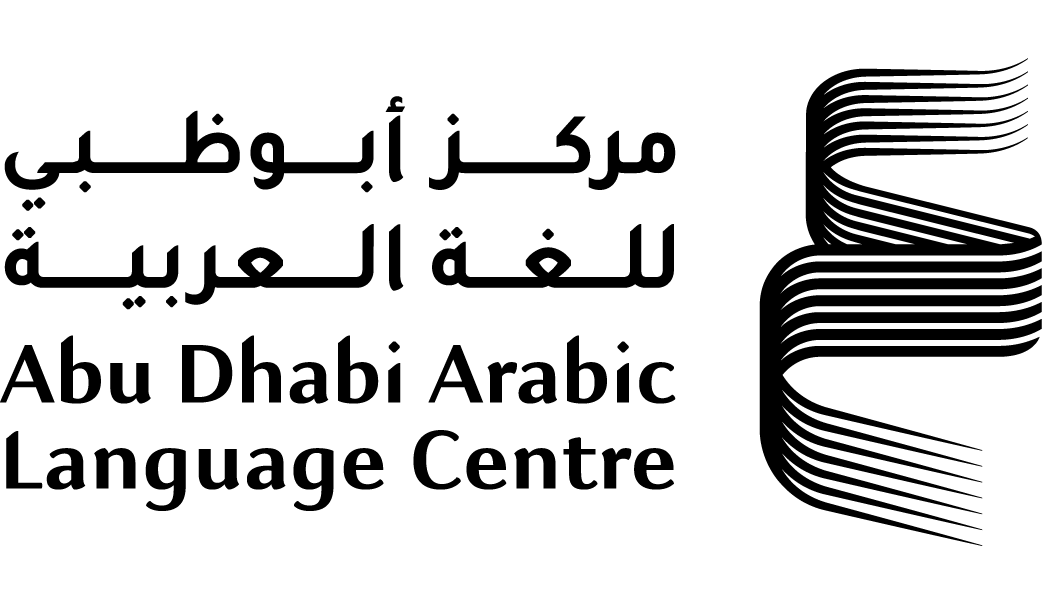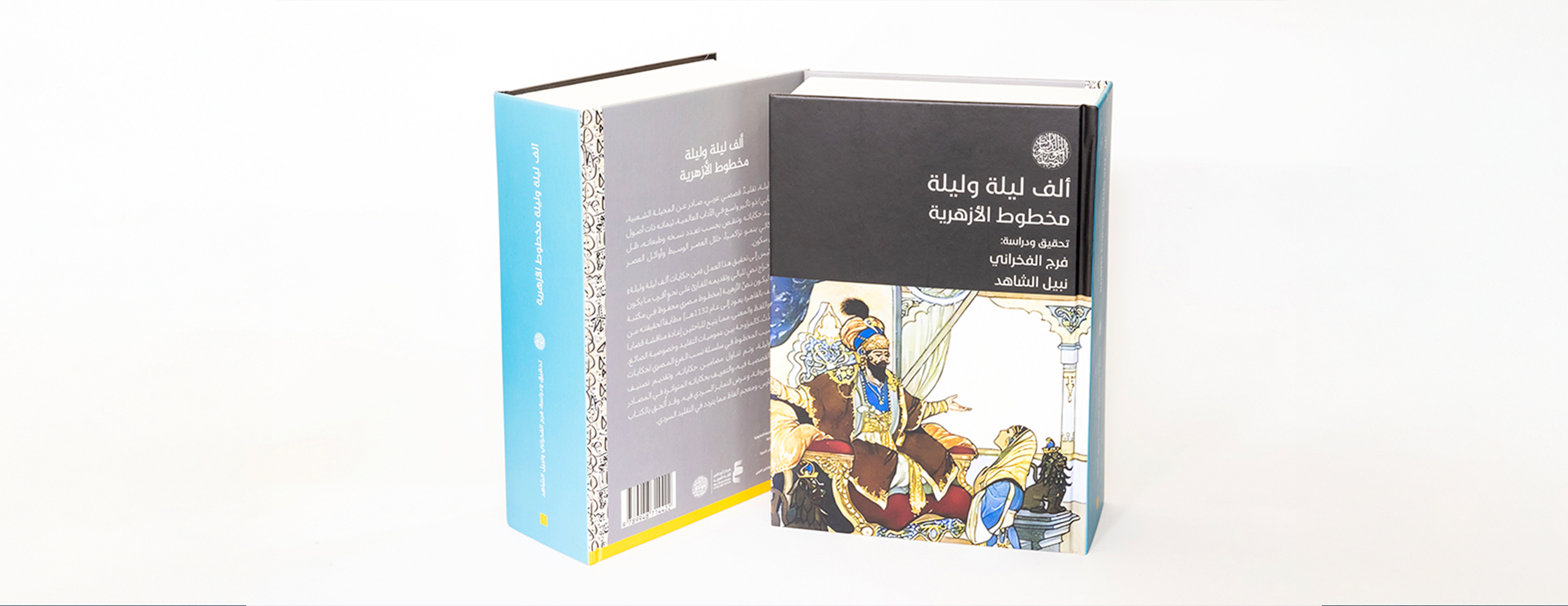The Abu Dhabi Arabic Language Centre (ALC) has published a book titled 'One Thousand and One Nights – The Al-Azhar Manuscript' under its Research Grants Programme and as part of the Basaer (Insights) Series of Research Papers and Studies. The book was researched and critically reviewed by Dr. Faraj Qadri Al-Fakharany and Dr. Nabil Hamdi Al Shahid.
The publication is part of the ALC’s community campaign to promote sustainable reading, launched to highlight the role of reading in fostering cultural awareness across society. It coincides with the UAE’s designation of 2025 as the “Year of Community”.
The book presents a critical investigation of the third and fourth parts of the manuscript preserved in the Central Library of Al-Azhar Al-Sharif in Cairo, dating to 1720. The manuscript is regarded as one of the most significant versions of One Thousand and One Nights, not only because its transcription spans more than three centuries, but also due to its distinctive linguistic and narrative features.
The research situates the manuscript’s tales within a global classification of literary genres and traces its connections to the genealogical tradition of One Thousand and One Nights manuscripts. It provides a concise synopsis that preserves the integrity of the narratives, while identifying the positions of the Al-Azhar manuscript tales within the established sources of One Thousand and One Nights. This is achieved by referencing to the global indices of Ulrich Marzolph, Hasan al-Shami and Richard Burton, which serve as essential tools for more specialised analyses of each tale.
The book enables students to apply diverse approaches from the study of folk literature to the tales, while also offering an examination of their narrative features and the role of the manuscript’s drafter—whether as narrator, copyist, or both.
The researchers adopted a methodology that preserved the original wording as intended by the drafter, and developed a detailed model for transcribing the manuscript that may be applied to similar texts. The book is enriched with several appendices covering notable figures, places, wisdom literature, proverbs, and popular sayings. It concludes with a dedicated glossary of vocabulary specific to the text, encompassing both Arabic and non-Arabic terms, with rare words arranged in alphabetical order.
The significance of the book lies in its editing of one of the oldest extant versions of One Thousand and One Nights, along with its distinctive narrative and linguistic features. In doing so, it opens the way for comparative studies between edited and printed versions of the work, and provides a foundation for more specialised research on the authentication of the poetic verses embedded in the manuscript.
Furthermore, it encourages critical projects that transcend the traditional distinction between popular and official texts, directing attention instead to narrative forms that have long been marginalised in academic scholarship.
The book was edited and critically reviewed by Dr. Faraj Qadri Al-Fakharany, Professor of Folk Literature and former Dean of the Higher Institute of Languages and Translation in Aswan, Egypt. He has authored more than 40 studies in the fields of Arabic and Hebrew folk literature.
Dr. Nabil Hamdi Al Shahid, a specialist in folk literature, has published extensively in the field. His works include ‘The Biography of Alexander Dhu al-Qarnayn and His Miracles’, issued in 2023 by the Abu Dhabi Arabic Language Centre within the Basaer (Insights) Series of Research Papers and Studies.
![alc-default-cursor]()

